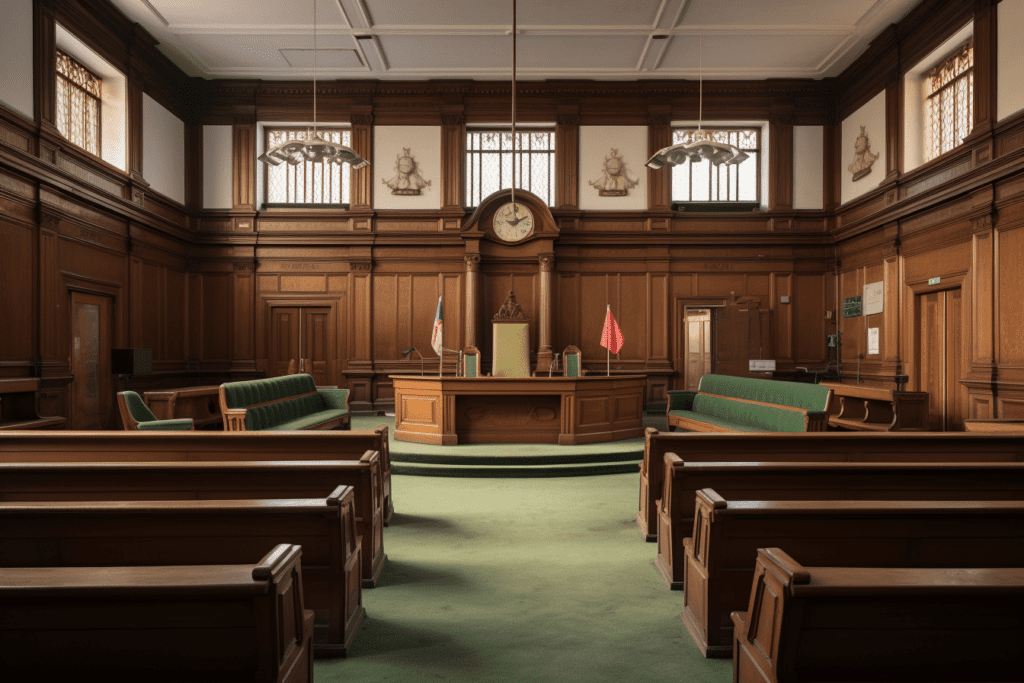How to appeal against a conviction UK

How to appeal against a conviction UK, In the UK, individuals who have been convicted of a crime have the right to appeal against their conviction. This process, known as “How to appeal against a conviction UK,” is a vital part of the criminal justice system, offering a chance for review and correction of potential errors made during the initial trial.
The appeal process varies depending on whether the original trial was in the Magistrates’ Court or the Crown Court. In the Magistrates’ Court, you can appeal against your sentence if you pleaded guilty, or against both your conviction and sentence if you pleaded not guilty. In the Crown Court, you can appeal against your conviction, sentence, or both, irrespective of your plea.
Grounds for appealing a conviction in the UK include judicial errors during the verdict or sentencing, new evidence that was not available during the original trial, technical issues in case handling, prosecutorial misconduct, or circumstances that prevented a fair trial. It’s important to note that simply disagreeing with the outcome of a trial is not sufficient grounds for an appeal.
The process for appealing a conviction involves several steps. In the Magistrates’ Court, you might request the same court to reconsider its decision, appeal to the Crown Court, or ask for your case to be reopened if you weren’t aware of it happening. In the Crown Court, you need to apply for permission to appeal within 28 days of your conviction or sentence. A judge will review your application and decide if it should proceed to a full hearing in the Court of Appeal Criminal Division.
If permission to appeal is refused
If permission to appeal is refused, you can still renew your application for a full court review. However, if your appeal is ultimately denied, your original sentence or conviction will stand, and you may have to restart your sentence and pay court costs. In such cases, you can request the Criminal Cases Review Commission (CCRC) to review your case.
It’s important to remember that the chances of successfully appealing a criminal conviction are generally low, with less than 10% of appeals being successful. However, if your appeal is successful and your conviction is quashed, the conviction and sentence are overturned, and you are no longer deemed guilty of the crime.
Appealing a conviction can be a complex and time-consuming process, so it is advisable to seek legal advice from experienced criminal appeals solicitors. They can guide you through the process, help understand the chances of success, and assist in preparing the necessary documentation and arguments for your appeal.


